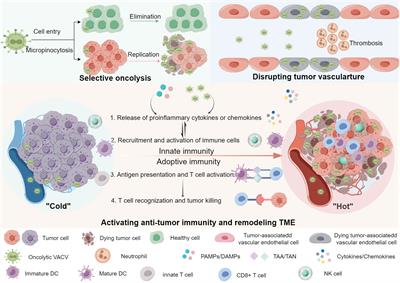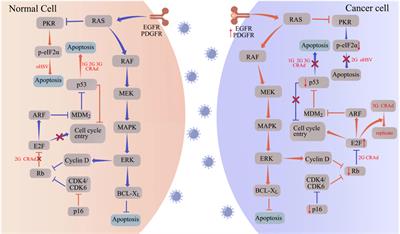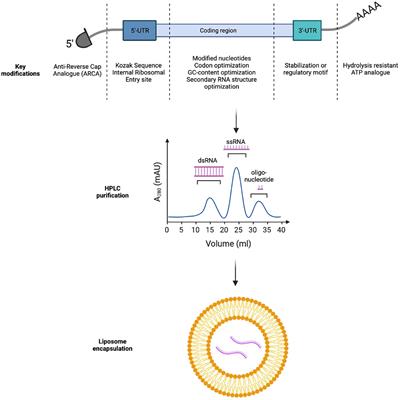ORIGINAL RESEARCH
Published on 21 May 2024
Synergistic antitumor immune response mediated by paclitaxel-conjugated nanohybrid oncolytic adenovirus with dendritic cell therapy

doi 10.3389/fimmu.2024.1355566
- 1,382 views
- 1 citation
11k
Total downloads
38k
Total views and downloads
ORIGINAL RESEARCH
Published on 21 May 2024

ORIGINAL RESEARCH
Published on 15 May 2024

ORIGINAL RESEARCH
Published on 15 Mar 2024

REVIEW
Published on 22 Feb 2024

REVIEW
Published on 12 Jan 2024

CORRECTION
Published on 19 Dec 2023
REVIEW
Published on 01 Dec 2023

ORIGINAL RESEARCH
Published on 20 Nov 2023

REVIEW
Published on 02 Nov 2023

MINI REVIEW
Published on 30 Mar 2023

